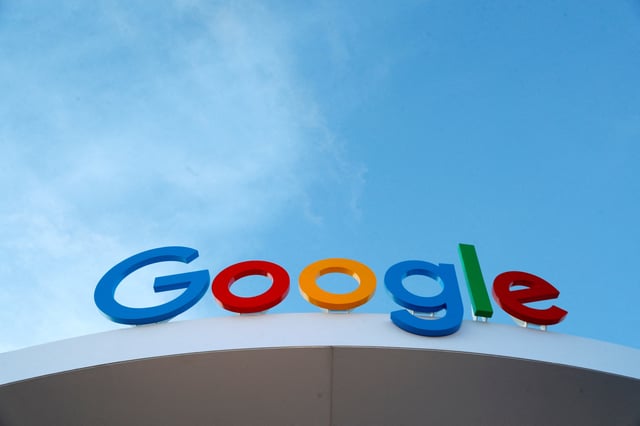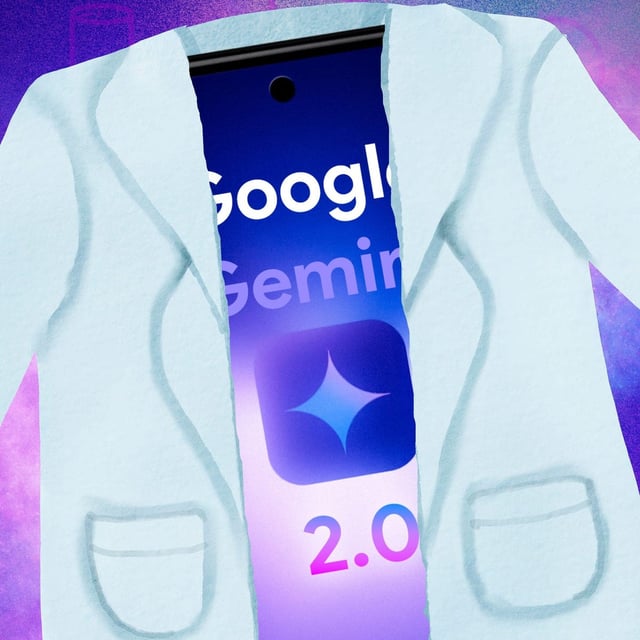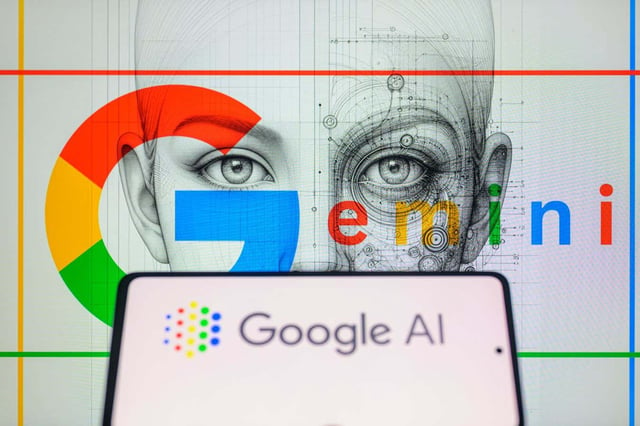Overview
- Google's 'Co-Scientist' AI, powered by Gemini large language models, assists researchers by synthesizing data, generating hypotheses, and proposing experiments.
- Imperial College London scientists tested the AI, which replicated a decade of antimicrobial resistance research in just two days, identifying accurate hypotheses from limited input.
- The AI system is designed as a collaborative tool, enabling scientists to refine and validate its suggestions through traditional experimental methods.
- Researchers highlighted its potential to reduce failed experiments, save time and resources, and accelerate breakthroughs in areas like drug discovery and disease treatment.
- While promising, experts caution that the AI's reliance on existing data raises questions about originality, scientific credit, and the long-term impact on research diversity.



